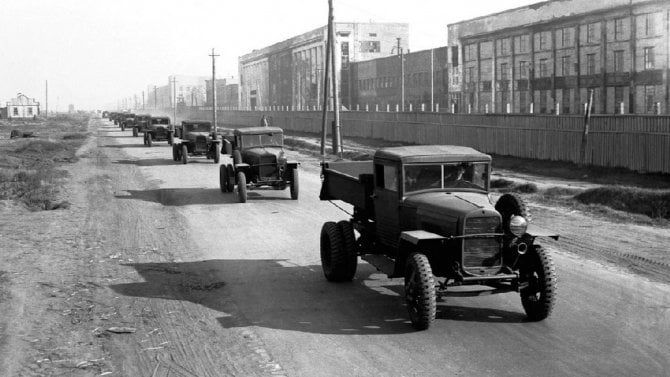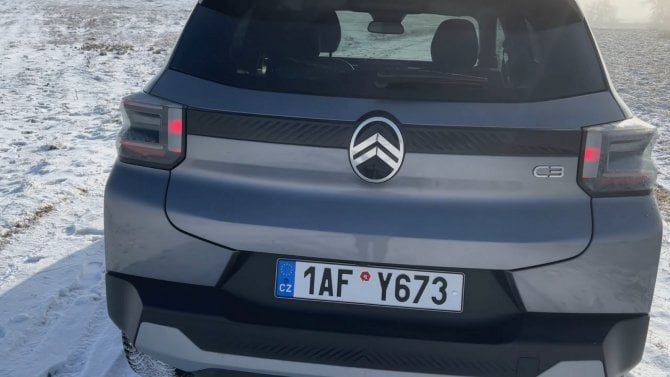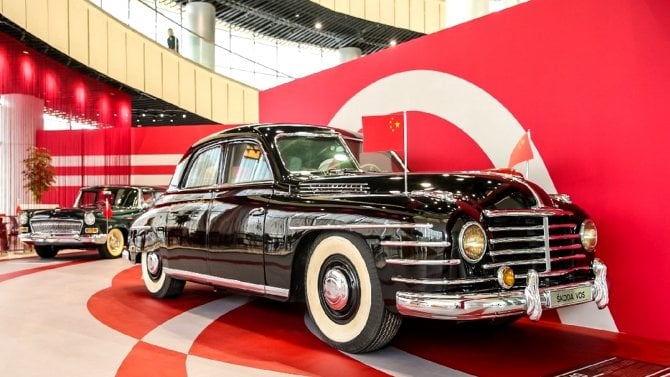(adds Paroubek, analyst, web report on proposal)
By Alan Crosby
PRAGUE, Nov 3 (Reuters) - Czech President Vaclav Klaus proposed on Friday an "interim solution" to unblock the lower house of parliament and create a government five months after an inconclusive general election.
He refused to give any details of his proposal, except to say that it would reflect agreement with one party's suggestion to allow the election of a house speaker for a limited term to get parliament to begin sitting after the June vote.
In a move to breathe life into the stalemate, Klaus said he had given leaders of the five parties in parliament until Tuesday to consider his offer.
"In a similar way, we are looking for a solution which probably has to lead to something that has this kind of precise time limit," he told journalists.
The news Web site for the daily Pravo (www.novinky.cz) reported the president's proposal is for all of the parties in parliament except the Communists to form a government in a "rainbow coalition" that would rule until 2008, the halfway point of the four year election term.
The June 2-3 election ended in deadlock with centre-right and leftist parties each winning 100 seats in the lower house.
BICKERING
Since then, the two sides have bickered over how to break the impasse, with rightists pushing for early elections as soon as possible and the left looking for a grand coalition with an early vote in the autumn of 2008 at the earliest. Klaus nominated rightist leader Mirek Topolanek as prime minister last month but his minority government subsequently lost a vote of confidence in parliament. Under the constitution, Klaus also names the second candidate to form a government.
"We will meet again on Tuesday and will say whether or not it is possible to continue going this way (to follow his proposal)," he said.
Analysts said Klaus may be proposing a government with no political party representation in it, or a grand coalition solution involving all parties that would agree to a very limited agenda and timetable.
Miloslav Vlcek was elected by the house as speaker, but only on condition he would step down after two successive governments failed to win a confidence vote.
If two governments fail, the third is chosen by the speaker, and neither leftist nor centre right parties were willing to let the other side have the post after the second failure.
None of the party leaders spoke at the news conference and afterward they refused to reveal details of the meeting.
However, it appeared none were overly optimistic.
"I don't know, I think that it will be very, very difficult to close it (a deal)," Paroubek said.
Analysts said that if Klaus's proposal fails, a proposal the Christian Democrats made recently may gain favour.
The centrist party has begun talking about a three or four party grand coalition, where it would act as a bulwark between the two largest rivals, Paroubek's leftist Social Democrats and Topolanek's rightist Civic Democrats.
"The Christian Democrats would be a buffer between the two parties. It may be something the parties come back to if they can't agree on anything else," said political analyst Jan Kubacek. ((Reporting by Alan Crosby, editing by Sami Aboudi; prague.newsroom@reuters.com; Reuters Messaging: alan.crosby.reuters.com@reuters.net; +420 224 190 477))
Keywords: CZECH POLITICS




 Auta osvoboditelů – z východu: Československo a celá Evropa se staly křižovatkou vojenské techniky
Auta osvoboditelů – z východu: Československo a celá Evropa se staly křižovatkou vojenské techniky
 Auto blokující nabíjecí stanici bude možné odtáhnout. A je jedno, jestli má spalovací motor, nebo je to elektromobil
Auto blokující nabíjecí stanici bude možné odtáhnout. A je jedno, jestli má spalovací motor, nebo je to elektromobil
 Ikona je zpět jako elektromobil a je skvělá! Poprvé jsme se svezli s novým Renaultem 5
Ikona je zpět jako elektromobil a je skvělá! Poprvé jsme se svezli s novým Renaultem 5
 Videodojmy: Tenhle malý hatchback jezdí za šest litrů, odveze čtyři lidi a nestojí ani 400 tisíc
Videodojmy: Tenhle malý hatchback jezdí za šest litrů, odveze čtyři lidi a nestojí ani 400 tisíc
 Škoda VOS: Historie československých vládních automobilů je přehledem politických obratů
Škoda VOS: Historie československých vládních automobilů je přehledem politických obratů
